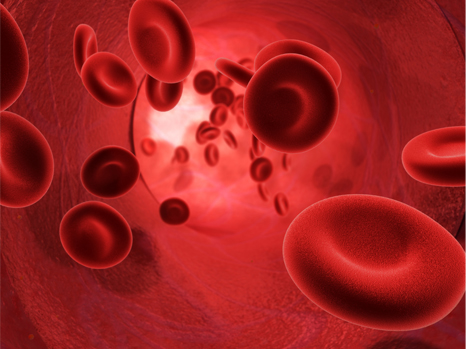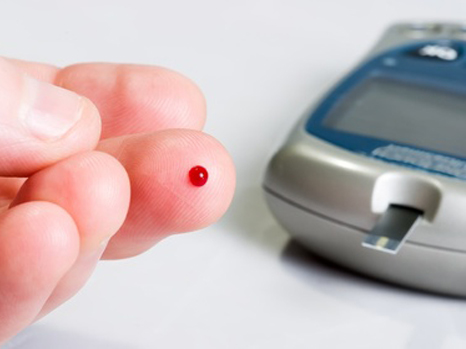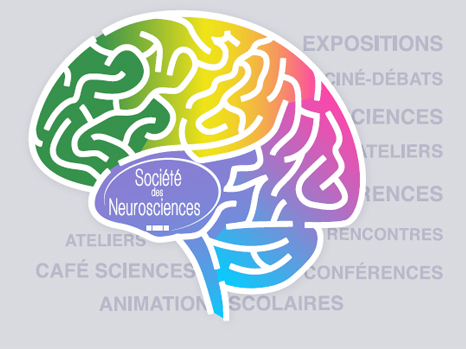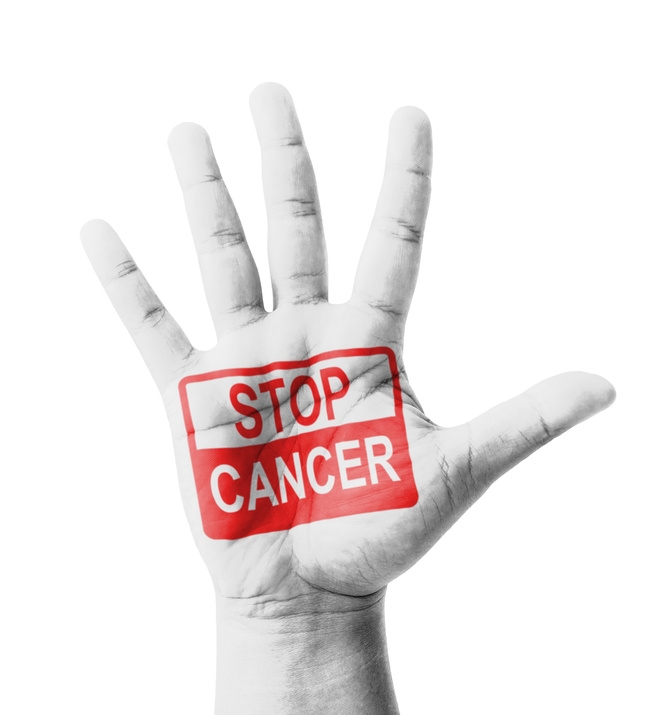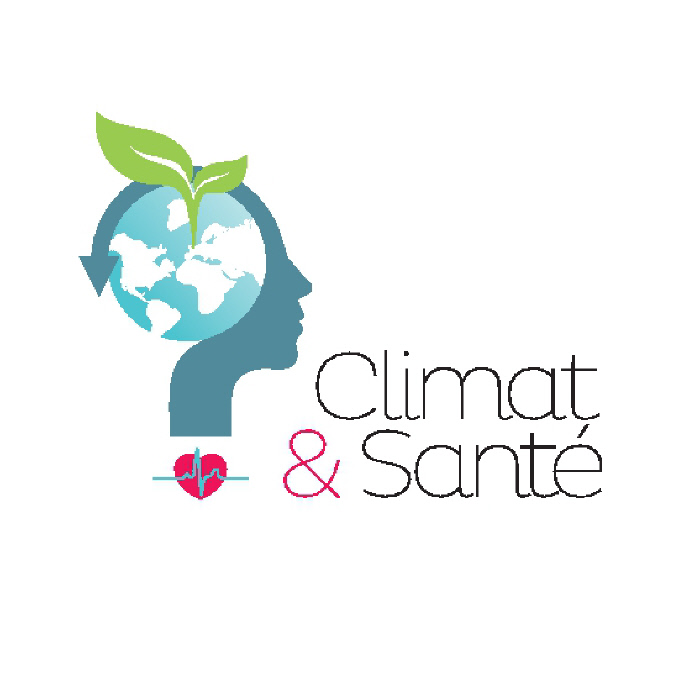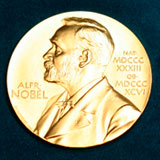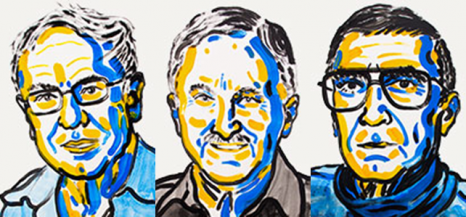Haemophilia is a hereditary disease characterised by bleeding due to a deficiency of coagulation factors. Haemophilia A is the most widespread form, affecting one in every 5,000 boys born.[1]
The severity of the disease depends on the extent of the coagulation factor deficiency. It is described as severe when the level of coagulation factor is below 1%, moderate if it is between 1 and 5%, and mild if it is between 5 and 40%.
Although there are replacement treatments, the World Federation of Haemophilia recalls that a large majority of the world’s haemophiliacs to not have access to them for economic reasons.
World Haemophilia Day, which will be held on Sunday 17 April, is an opportunity to highlight this lack of access to treatments and care. This event is also an opportunity to draw attention to the involvement of researchers in the development of new therapies.
The team led by Cécile Denis at Inserm Unit 1176, “Hémostase, Inflammation, Thrombose,” is especially focused on the effect of mutations found in coagulation factor VIII, in order to develop adjuvant therapies and offer treatment options for mild or moderate haemophilia. These researchers are also pursuing new therapeutic approaches using modified coagulation factor X molecules.
[1] To find out more, see our “Haemophilia” information file
